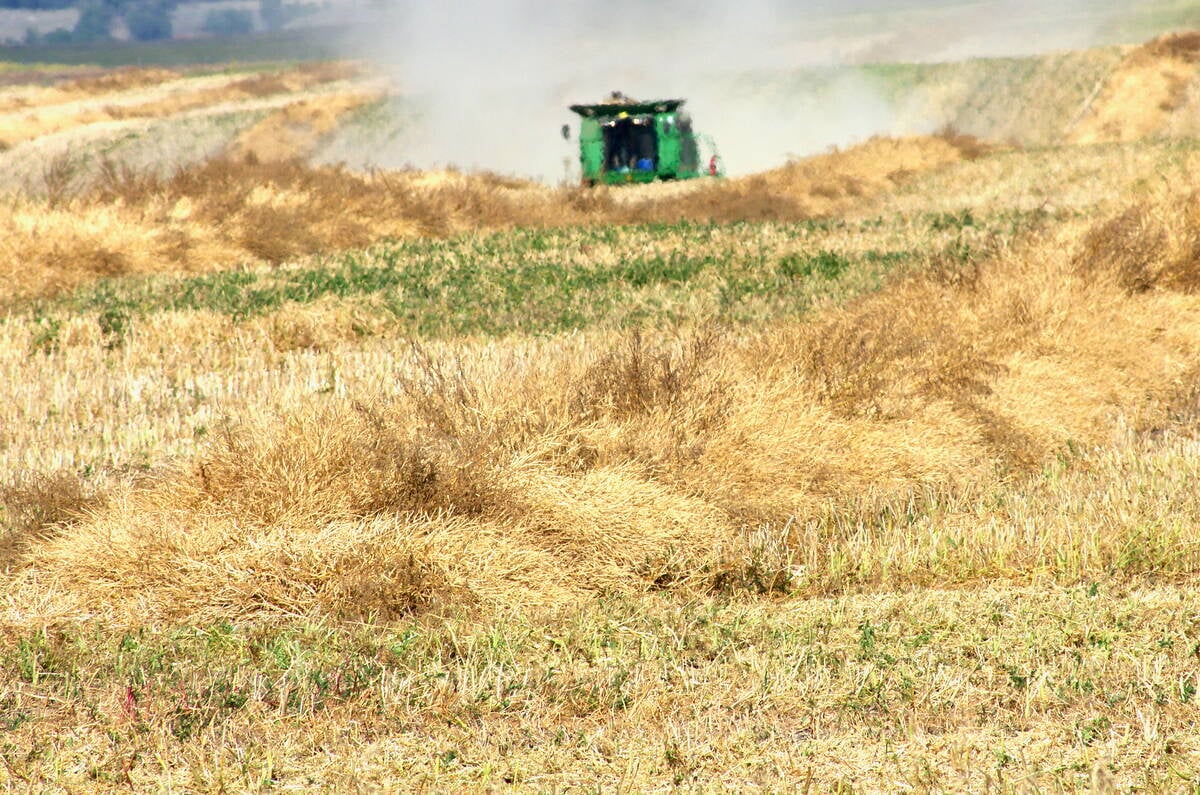WINNIPEG – The ivory towers of universities in this province are being colored and changed by social and economic forces of the 1990s.
In recent months, Manitoba’s education department has issued a series of challenges to the institutions to:
- Organize programs to match where Manitoba is headed economically.
- Get rid of duplication in programs in the different universities.
- Ensure education prepares and trains students for jobs.
- Focus on teaching as well as research.
- Be more accountable to the public.
Read Also

Manitoba searches for Plan B on canola oil exports
A new report explores Manitoba’s current canola oil trade and possible alternative markets to the U.S.
The University of Manitoba is also working on a set of internal challenges. During the next five years, president Arnold Naimark said programs and priorities will be shaped by an “evolving strategic plan” called Plan 2000.
The plan is big on concepts but does not detail how changes will take place. However, Naimark said the thrust is to improve the quality of undergraduate education and tie education to current realities. This includes developing “strategic alliances” with private and public sector organizations to broaden the funding base and impact of programs.
Common first year
One of the first evident changes will be a common first year for all undergraduate students, which should be in place for some faculties in the fall of 1996.
“What we want is a first-year program which has enough of a core that a student who takes it does not have to repeat a year if they decide they can’t get into … or change their mind (about the program they want to take),” Naimark said.
Three-year programs may also be eventually phased out, depending on how the common first year works out.
“We’re going to keep chugging along,” said Naimark. “Some parts of (Plan 2000) may be changed as a result of changed circumstances or better ideas. It’s an evolving process.”
Bernie Dronzek, associate dean of agriculture, said his faculty’s curriculum review was started “well before Plan 2000.” He said the common first year would probably work for agriculture students, who now take a majority of general arts and sciences courses in their first year.
Paul Goyan, deputy minister for training and advanced education said education and social work programs now offered at a number of different sites in the province could be restructured.
He said other expensive and specialized faculties, such as dentistry, should consider working with other universities in the West to cut costs. Goyan also said courses with very low enrolment, such as advanced philosophy or chemistry, could be phased out.
Goyan said the department has received responses to its challenges from the four universities (Manitoba, Winnipeg, Brandon and St. Boniface). “We’re in the process of going through those to see whether or not they appear to be headed in the right direction and whether they’re going far enough.”
If they don’t go the distance, Goyan said the department will likely establish working groups to look at the issues and make recommendations.














